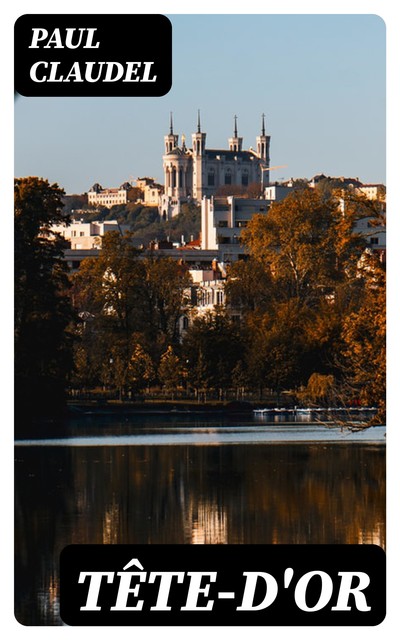Paul Claudel's «Tête-d'Or» is a profound theatrical exploration of the human spirit, imbued with rich symbolism and poetic language that reflect the author's deep theological and philosophical beliefs. Set against the backdrop of a mythic landscape, the play delves into themes of love, idealism, and the interplay between the divine and the earthly. Claudel employs a unique blend of lyrical dialogue and dramatic tension, crafting a narrative that is both intellectually stimulating and emotionally resonant, inviting audiences to ponder their own existential journeys. Claudel, a French poet, playwright, and diplomat deeply influenced by his Catholic faith, composed «Tête-d'Or» during a period of personal spiritual awakening. His extensive travels and exposure to diverse cultures profoundly shaped his worldview, which is evident in the intricate characterization and moral complexities presented within the play. As a member of the avant-garde literary movement, Claudel stands out for his ability to intertwine personal conviction with universal themes, reflecting his belief in the transformative power of art. Recommended for scholars and lovers of French literature alike, «Tête-d'Or» offers readers a compelling dive into Claudel's artistic vision. It promises an intellectually rewarding experience, as it challenges not only the conventions of theater but also the depths of human understanding, making it an essential addition to any literary canon.


